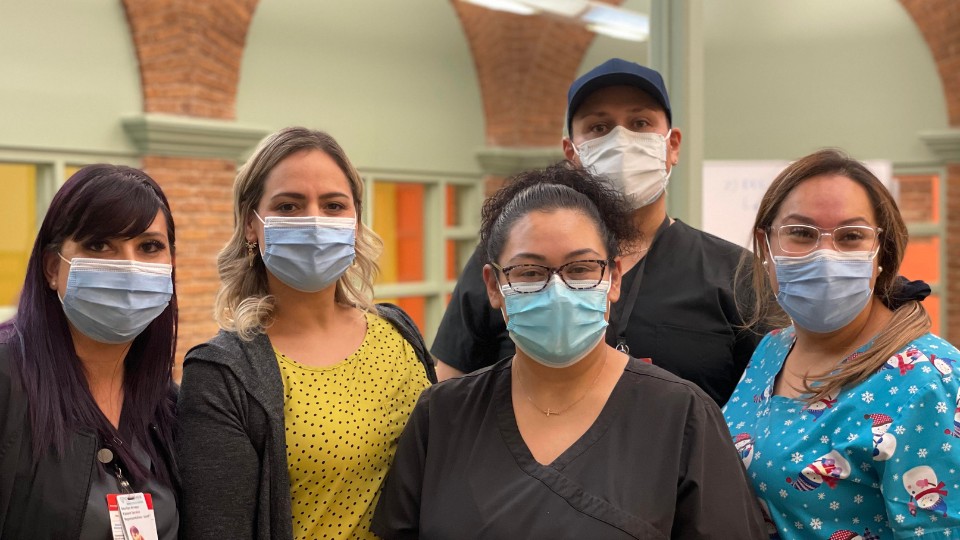Children’s Health Fund is thrilled to see an uptick in vaccine availability and a movement toward more equitable distribution to under-resourced communities, many of which experienced the worst repercussions of the pandemic. It will be important to get as many vaccines into arms as quickly as possible so life can go back to normal to keep children safe, especially since they are not eligible for the COVID-19 vaccine yet. Pharmaceutical companies are announcing vaccine trials for children as young as six months, but this is just the beginning. As the country slowly begins re-opening and children start going back to school and reuniting with their friends, the risks of exposure are growing. In the meantime, vaccine confidence and equitable distribution to the adults in their lives will be an essential part of defeating the COVID-19 virus, attaining much needed relief from all the major impacts of the pandemic.
Kaiser Family Foundation reports that even as vaccine supply and demand are both increasing, Black and Latinx adults are less likely to report receiving one or both doses of the COVID-19 vaccine or that they know someone who has. Additional reporting uncovers widespread feelings of hesitancy within these groups and a desire to hold off on getting vaccinated, at least until enough time passes and they are able to confirm the safety of the vaccine.
“Vaccine hesitancy alone doesn’t tell the whole story; lack of access to high-quality healthcare is also a big factor. Social determinants of health must not be ignored. Distrust in the system is real, and refusal to validate widespread fear and apprehension would not properly acknowledge this history,” said John Decarvalho, senior director for Policy and Advocacy.
CHF acknowledges historical inequities and trauma faced within the Black community at the hands of the American medical system. From the Tuskegee experiment to unconscious bias, lingering issues still impact Black Americans to this day and affect their individual relationships with the medical community. Latinx folks disproportionately face barriers to high-quality healthcare services which is compounded by other social determinants of health. All people should have access to affordable care regardless of immigration status, and children in mixed-status homes must be a priority. Culturally competent care is a must for these communities. Latinx folks, like members of the Black community, are statistically more likely to work frontline jobs, and in industries that were hardest hit by the pandemic. These groups are at greater risk of contracting COVID-19 as a result.
“Children in under-resourced communities need to be prioritized in vaccine distribution as soon as they are eligible,” said CHF CEO Dennis Walto, “We need to get on a path to reckoning with racism as a social determinant of health, foster more confidence in the healthcare system, and decrease barriers to care. Getting children vaccinated marks yet another milestone in the journey to regaining a sense of normalcy.” CHF believes we cannot do this without acknowledging the past, and doubling down on our commitment to progress forward. This means getting more vaccines distributed to the communities most severely affected by the pandemic, and acknowledging that the road to recovery includes prioritizing young people.








